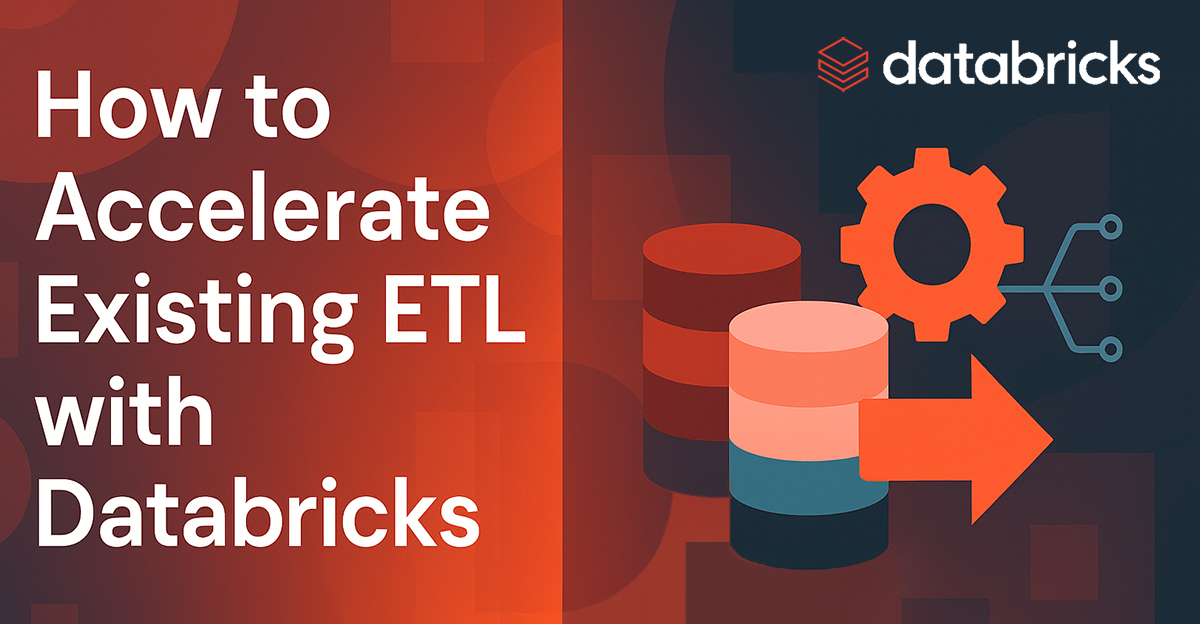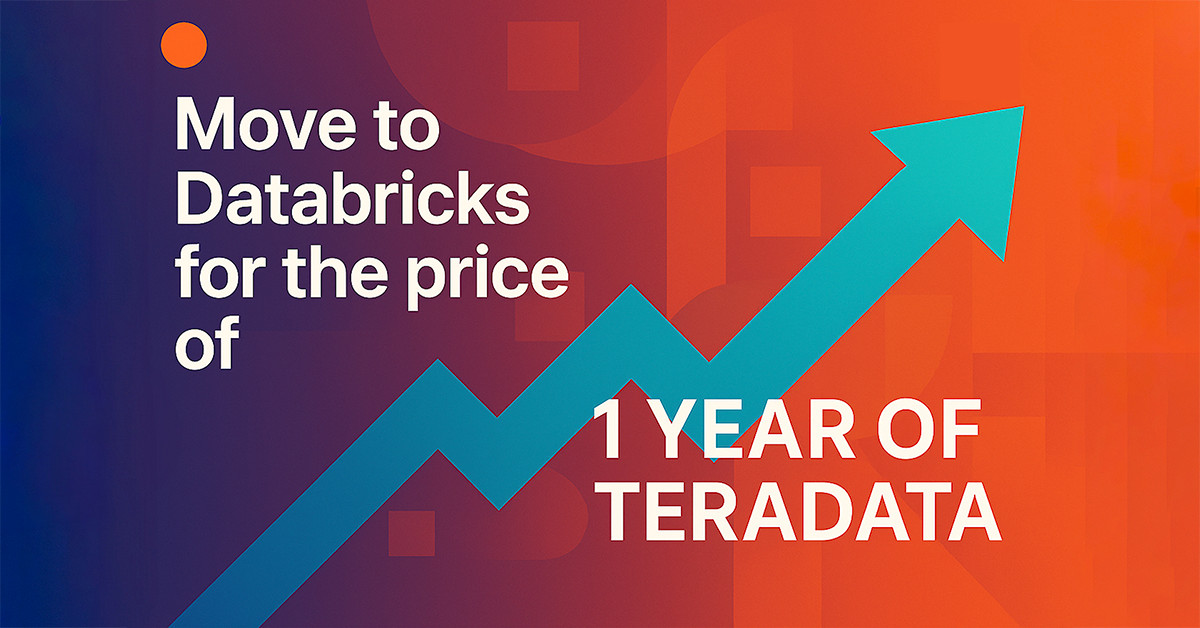This article was originally published in DevOps.com
Every enterprise is battling vendor lock-in—constantly. Ask any IT leader about what keeps them up at night and vendor lock-in is certainly near, if not at, the top of the list. And while network, storage and compute have long been democratized by virtualization, one discipline has held out as the last bastion of vendor lock-in: Databases.
How bad can it be? Take Amazon, for example. They celebrated their retirement of the last internal Oracle database exuberantly. People familiar with the matter suggested that replacing Oracle was at least a decade in the making, probably longer. It is anybody’s guess how much effort it took to accomplish this feat. A big celebration was in order, indeed.
Now, let’s take a look at database virtualization. As a relatively new discipline, the idea of virtualizing critical systems like data warehouses made a big splash recently. But does it apply to your systems? And the ubiquitous question: Does it come with performance penalties?
What Is Database Virtualization?
Database virtualization is the concept of abstracting applications and databases from each other. Using virtualization, an application written for, say, an Oracle database can run on an open source database like PostgreSQL without making changes to SQL or to associated APIs. As an aside, this is not to be confused with data virtualization—which is really a data integration play.
A database virtualization platform translates queries and data in real-time. Through emulation, it bridges functional gaps between the source and destination system so applications remain unchanged while moving to a different database. Database virtualization doesn’t make migrations easier; it makes them effectively obsolete.
The idea is rather compelling. So much so that Amazon developed and released their own version of a database virtualization product recently that targeted small standalone database systems. Read the full article here.
About Mike Waas, CEO Datometry
Mike Waas founded Datometry with the vision of redefining enterprise data management. In the past, Mike held key engineering positions at Microsoft, Amazon, Greenplum, EMC, and Pivotal. He earned an M.S. in Computer Science from the University of Passau, Germany, and a Ph.D. in Computer Science from the University of Amsterdam, The Netherlands. Mike has co-authored over 35 peer-reviewed publications and has 20+ patents on data management to his name.




